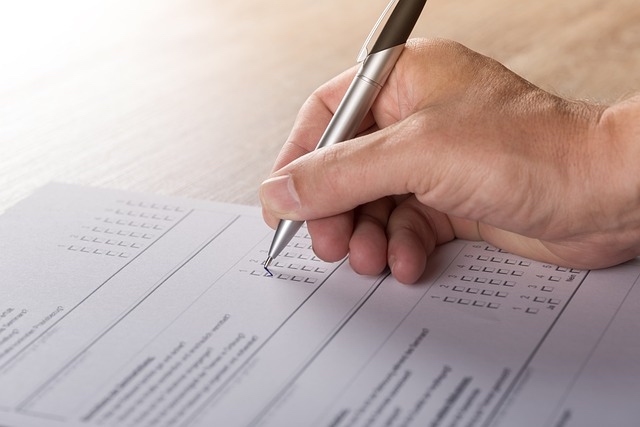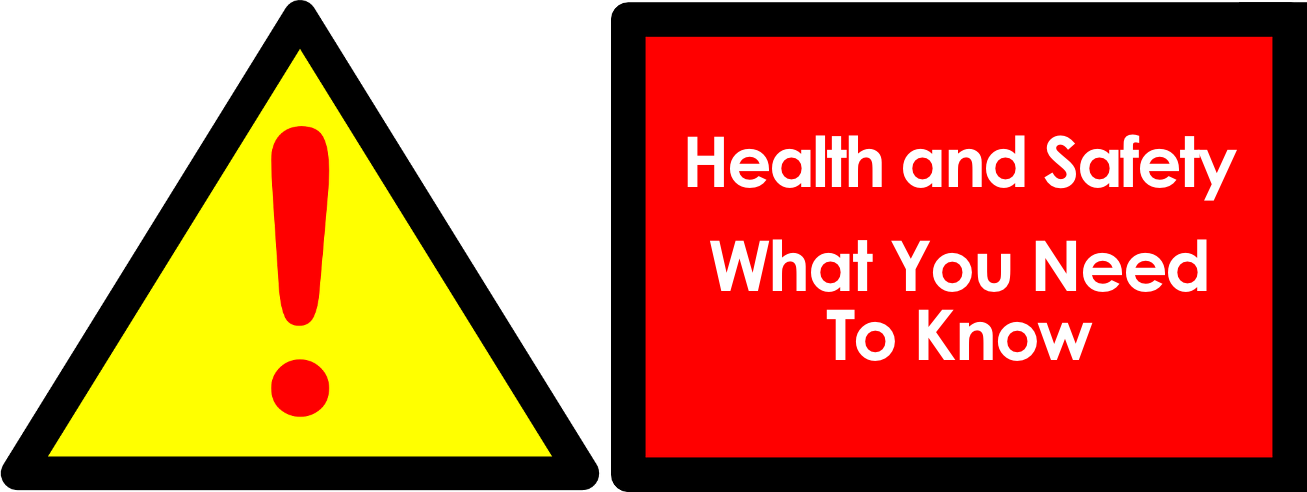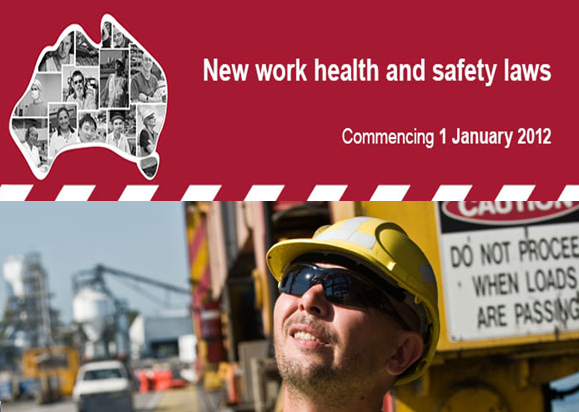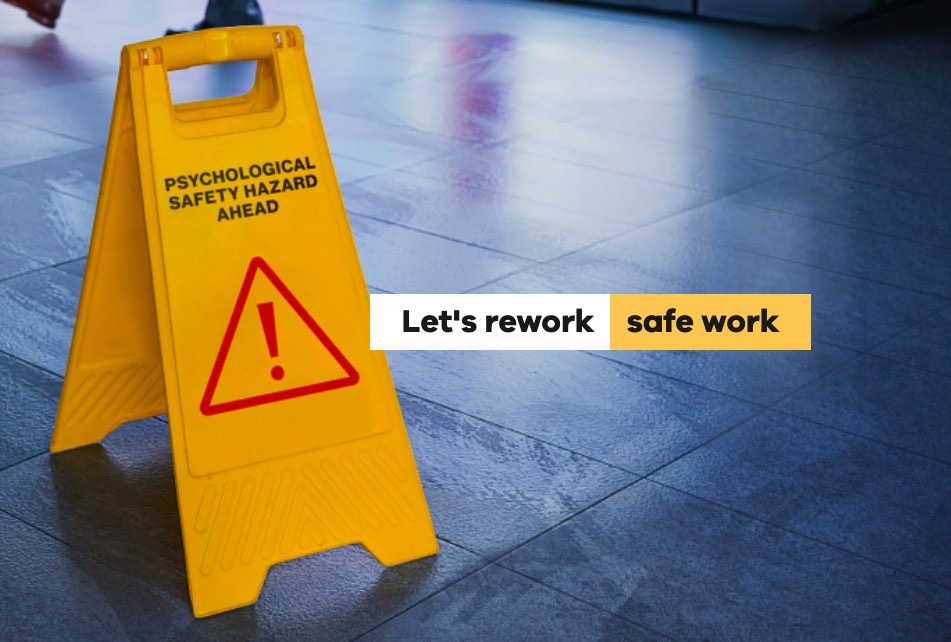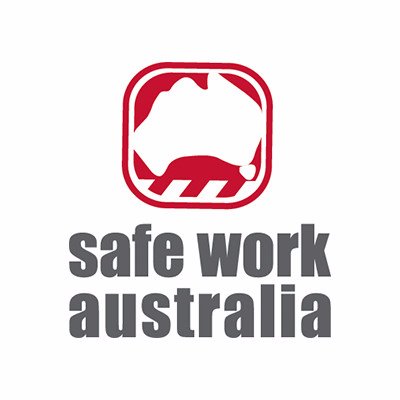Due Diligence
Due Diligence
Officers must exercise due diligence, which at its simplest, requires an officer to concentrate on managing the work health and safety (WHS) risks of the business or undertaking.
An officer must have high, yet attainable standards of due diligence.
These standards reflect the position and influence of the officer within the business or undertaking as the officer governs and makes management decisions for the person conducting a business or undertaking (PCBU – the new term that includes employers).
Achieving a high standard of due diligence requires persistent examination and care to ensure that the resources and systems of the PCBU are adequate to comply with all its WHS obligations.
Where the officer relies on the expertise of a manager or other person, that reliance must be reasonable and their expertise must be verified.
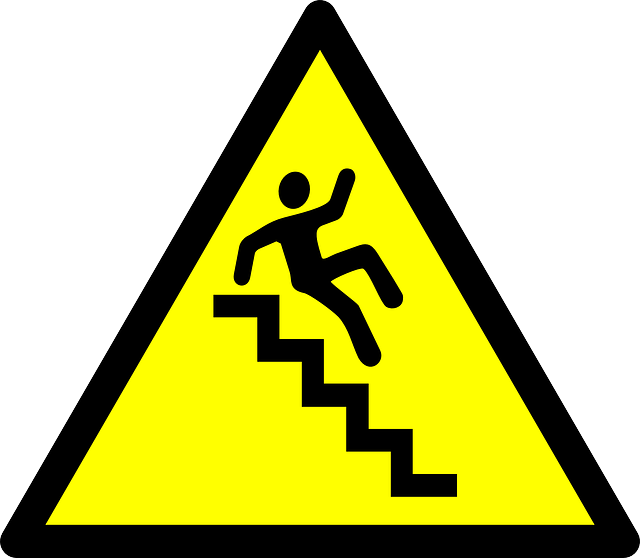
The reasonable steps officers must take to ensure they are exercising due diligence includes, but is not limited to:
- acquiring and keeping up to date with knowledge of WHS matters
- gaining an understanding of the PCBUs business operations and the associated hazards and risks
- ensuring the PCBU has available for use, and uses, the appropriate resources and processes to eliminate or minimise risks to health and safety
- ensuring the PCBU has appropriate processes for receiving and considering information regarding incidents, hazards and risks and responding in a timely way to that information
- ensuring the PCBU implements processes for complying with any duty or obligation under the WHS Act
- verifying the provision and use of resources and processes required for compliance.
Acquire and keep up to date with knowledge of WHS matters.
Examples of how to keep up to date on WHS matters include:
- enhancing the expertise of the officer through WHS training, information sessions and /or conferences etc
- understanding what the Work Health and Safety Act 2011 (WHS Act) requires and the strategies and processes for eliminating hazards and risks
- keeping up to date with changes in WHS matters, legislation, codes of practice and safety guidelines
- accessing industry specific WHS information such as from industry associations
Gain an understanding of the PCBUs business operations and the associated hazards and risks.
Giving proper consideration of the hazards and risks associated with the operations is an important obligation for officers when making decisions.
An appropriate understanding required for decision making could be gained by:
- undertaking regular inspections of the workplace/s
- consulting with workers about WHS hazards and risks
- having a way of identifying and managing health and safety risks
- having a sound knowledge of the PCBUs risk management system, which may require obtaining appropriate advice
- actively participating in how the PCBU conducts its WHS risk management processes
- understanding the WHS regulatory requirements for hazards and risk that impact on the organisation’s operations.
Ensure the PCBU has available for use, and uses, the appropriate resources and processes to eliminate or minimise risks to health and safety.
Examples to help ensure risks to health and safety are eliminated or minimised include:
- providing an effective governance structure and work health and safety management system
- establishing and maintaining a system to manage risks to health and safety
- scrutiny and oversight to ensure allocation of resources to manage work health and safety in matters such as:
– safe plant and equipment
– maintenance of plant and equipment
– training of workers.
Ensure the PCBU has appropriate processes for receiving and considering information regarding incidents, hazards and risks and responding in a timely way to that information.
Implement a reporting system to ensure information about incidents, emerging hazards and risks is:
- communicated
- considered
- acted upon promptly
- remedial actions monitored.
Ensure the PCBU implements processes for complying with any duty or obligation under the WHS Act.
Officers must ensure the areas requiring compliance are identified and they exercise an appropriate level of scrutiny and oversight of the PCBU to ensure it complies with its WHS obligations. These obligations include:
- reporting of notifiable incidents
- duty to consult with workers
- action on improvement, prohibition and non-disturbance notices
- obligations to provide information, training and instruction to workers about work health and safety
- obligations for health and safety representative training
- licensing and registration obligations
- obligations for union right of entry requirements
- duty to consult, cooperate and coordinate activities with other duty holders.
Ensure the PCBU has appropriate processes for receiving and considering information regarding incidents, hazards and risks and responding in a timely way to that information.
Implement a reporting system to ensure information about incidents, emerging hazards and risks is:
- communicated
- considered
- acted upon promptly
- remedial actions monitored.
Verify the provision and use of resources and processes required for compliance.
An officer must verify the PCBU has implemented the work health and safety system and is legally compliant. This includes:
- ensuring board reports include relevant WHS information
- ensuring adequate resources and safety processes are in place and being used
- actively verifying and auditing safety arrangements
- ensuring the PCBU has addressed any identified gaps and provided detailed reports to the board on actions taken to address safety issue.
Latest News
Get In Touch
Address
SYDNEY | MELBOURNE | BRISBANE | ADELAIDE | PERTH

